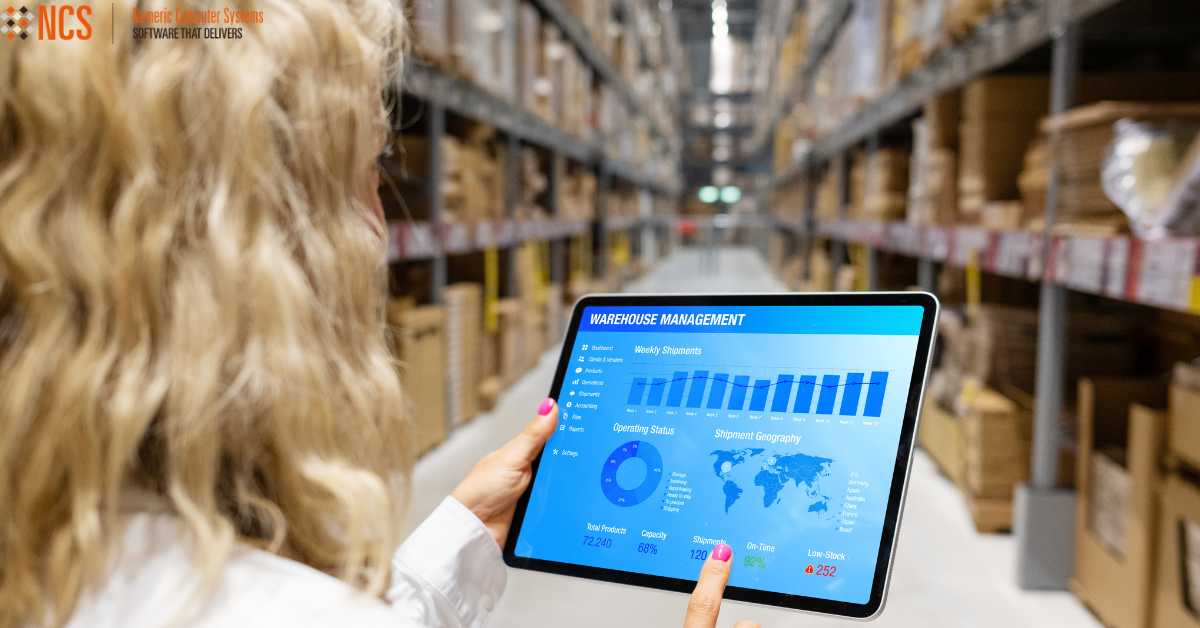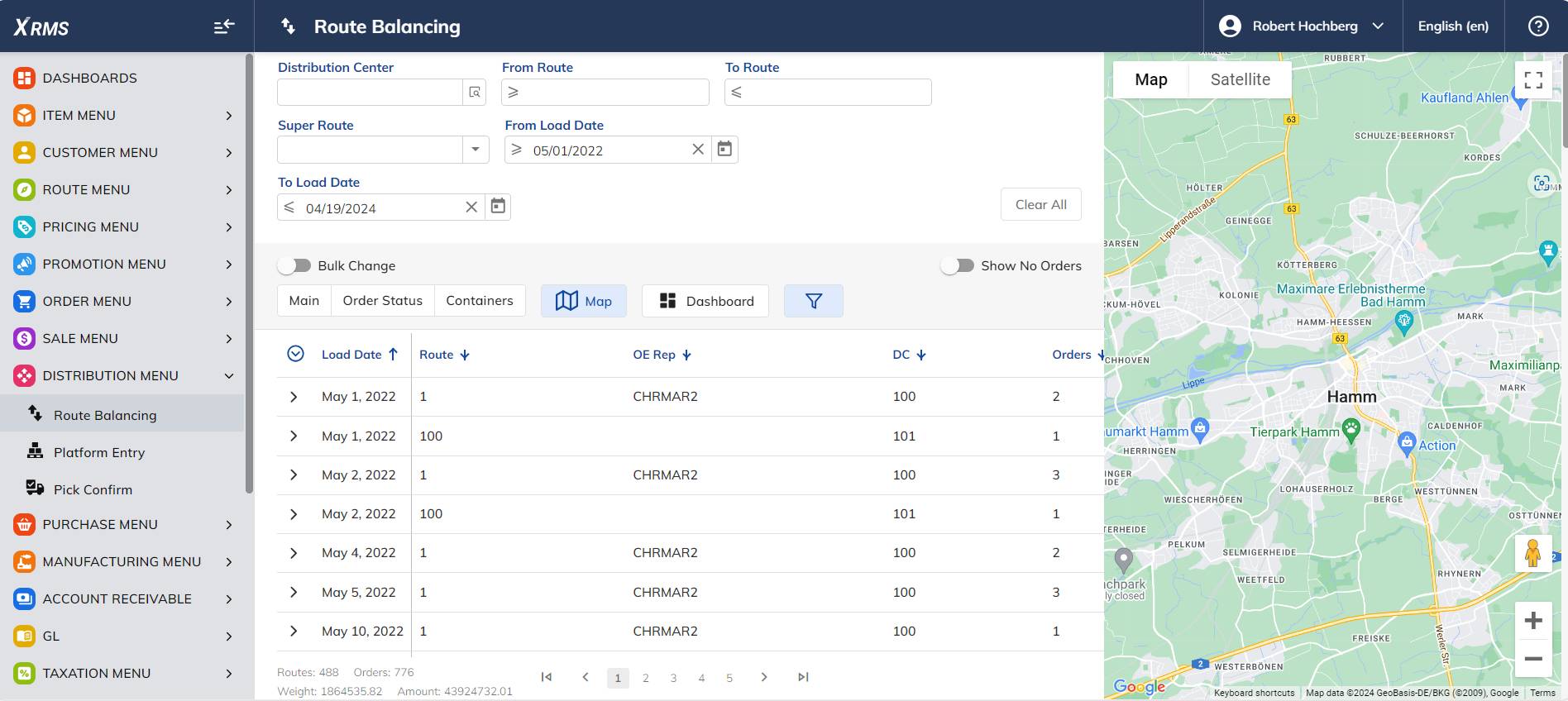Success in the retail industry depends on accuracy and efficiency. Businesses are always looking for new and creative ways to improve customer happiness and optimize processes as consumer demands change and competition heats up. DSD software is one such solution that has been more well-known in recent years. We’ll examine the idea of DSD software in this blog article, looking at its features, advantages of direct store delivery software, and uses in the retail industry.
Understanding Direct Store Delivery Software
Direct Store Delivery software is a comprehensive suite of digital tools designed to facilitate the distribution of products directly from manufacturers to retail stores. Unlike traditional distribution models that involve intermediaries such as warehouses and distribution centers, DSD software enables manufacturers to bypass these middlemen and deliver goods directly to their end destinations.
At its core, DSD software encompasses a range of functionalities aimed at optimizing various aspects of the delivery process. From order management and route optimization to inventory tracking and invoicing, these tools automate key tasks, streamline workflows, and provide stakeholders with real-time visibility into their operations.
Key Features of DSD Software
- Order Management: DSD software allows retailers to place orders directly with manufacturers or distributors, streamlining the procurement process and reducing order fulfillment times. Automated order entry, electronic order confirmation, and real-time inventory updates ensure accuracy and efficiency in managing product demand.
- Route Optimization: One of the key advantages of DSD software is its ability to optimize delivery routes based on factors such as geographic location, traffic conditions, and delivery schedules. By minimizing travel time and maximizing delivery efficiency, businesses can reduce fuel costs, improve driver productivity, and enhance customer satisfaction.
- Inventory Tracking: With DSD software, retailers can track inventory levels in real-time, enabling better demand forecasting, stock replenishment, and inventory management. Barcode scanning, RFID technology, and batch tracking functionalities ensure accurate inventory control and minimize stockouts or overstock situations.
- Invoicing and Payment Processing: DSD software streamlines the invoicing and payment process by generating electronic invoices, capturing digital signatures, and facilitating secure payment transactions. This not only accelerates the billing cycle but also reduces the risk of errors and disputes associated with manual invoicing methods.
- Analytics and Reporting: DSD software provides businesses with valuable insights into their sales performance, customer preferences, and operational efficiency. By leveraging advanced analytics and reporting tools, stakeholders can identify trends, track key performance indicators (KPIs), and make data-driven decisions to drive business growth.
Benefits of DSD Software Adoption
The adoption of DSD software offers a multitude of benefits for businesses across the retail supply chain:
- Improved Efficiency: By automating manual processes and optimizing workflows, DSD software enhances operational efficiency, reduces labor costs, and accelerates order fulfillment times.
- Enhanced Visibility: Real-time visibility into inventory levels, delivery statuses, and sales performance enables businesses to make informed decisions, respond quickly to changing market conditions, and proactively address supply chain disruptions.
- Cost Savings: DSD software helps businesses minimize transportation costs, reduce fuel consumption, and optimize resource utilization through route optimization and delivery consolidation.
- Increased Accuracy: Digital documentation, electronic proof of delivery (ePOD), and automated invoicing functionalities ensure greater accuracy and compliance with regulatory requirements, minimizing errors and disputes.
- Enhanced Customer Satisfaction: Faster order fulfillment, on-time deliveries, and personalized service contribute to improved customer satisfaction and loyalty, driving repeat business and positive word-of-mouth referrals.
Applications Across Industries
While direct store delivery software is commonly associated with the food and beverage industry, its applications extend to various other sectors, including:
- Consumer Goods: DSD software enables manufacturers of consumer goods such as toiletries, household products, and electronics to deliver products directly to retail shelves, ensuring timely availability and optimal product placement.
- Pharmaceuticals: In the pharmaceutical industry, DSD software plays a critical role in ensuring the timely delivery of medications and healthcare products to pharmacies, hospitals, and healthcare facilities, while maintaining compliance with regulatory requirements.
- Bakery and Dairy: DSD software helps bakery and dairy manufacturers streamline their distribution operations, ensuring the freshness and quality of perishable products such as bread, milk, and dairy items through efficient route planning and temperature monitoring.
The Future of DSD Software
As technology continues to evolve and customer expectations evolve, the future of DSD software holds exciting possibilities. From the integration of artificial intelligence (AI) and machine learning (ML) for predictive analytics to the adoption of Internet of Things (IoT) sensors for real-time monitoring, DSD software is poised to become even more intelligent, agile, and responsive to the needs of businesses and consumers alike.
Conclusion
In conclusion, companies trying to maximize their retail distribution operations can find a game-changing answer in Direct Store Delivery (DSD) software. Through the automation of crucial procedures, improvement of visibility, and acceleration of efficiency throughout the supply chain, DSD software enables companies to provide outstanding client experiences and maintain a competitive edge in the quickly evolving retail market. Adopting DSD software is not simply a decision, but also a strategic need for companies looking to achieve long-term success and sustainable growth as the retail sector develops.

